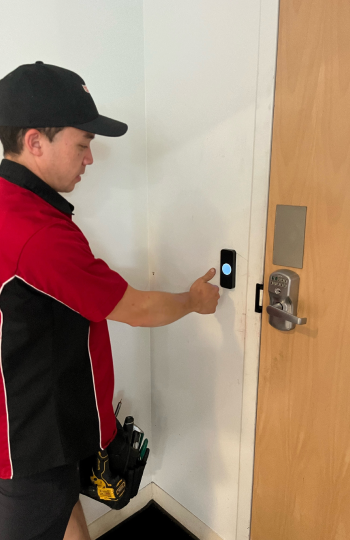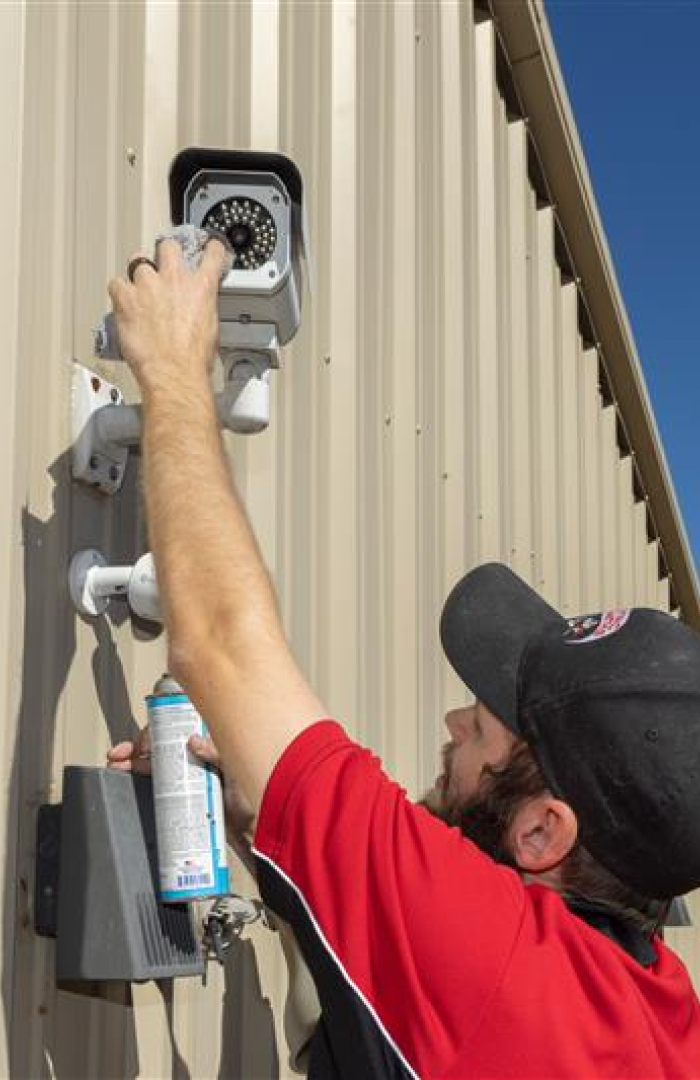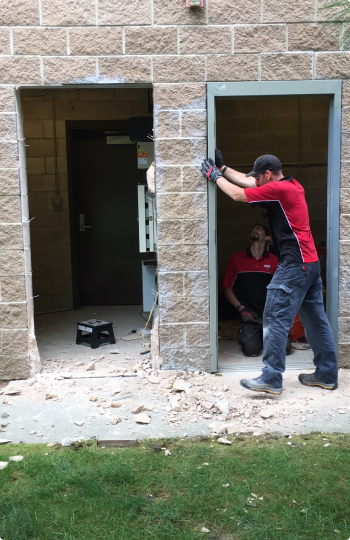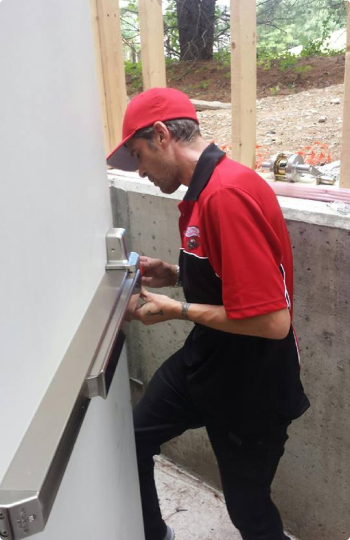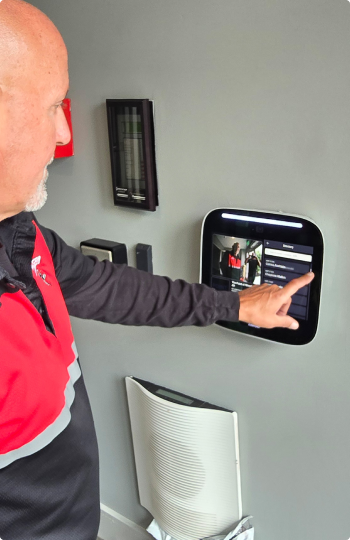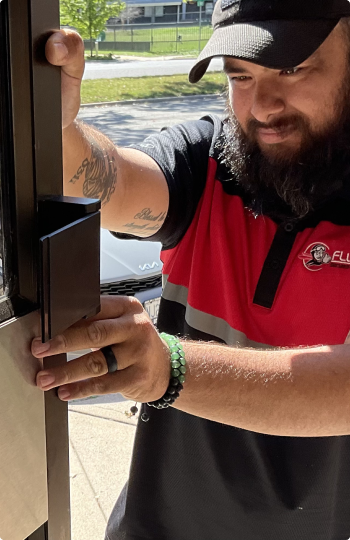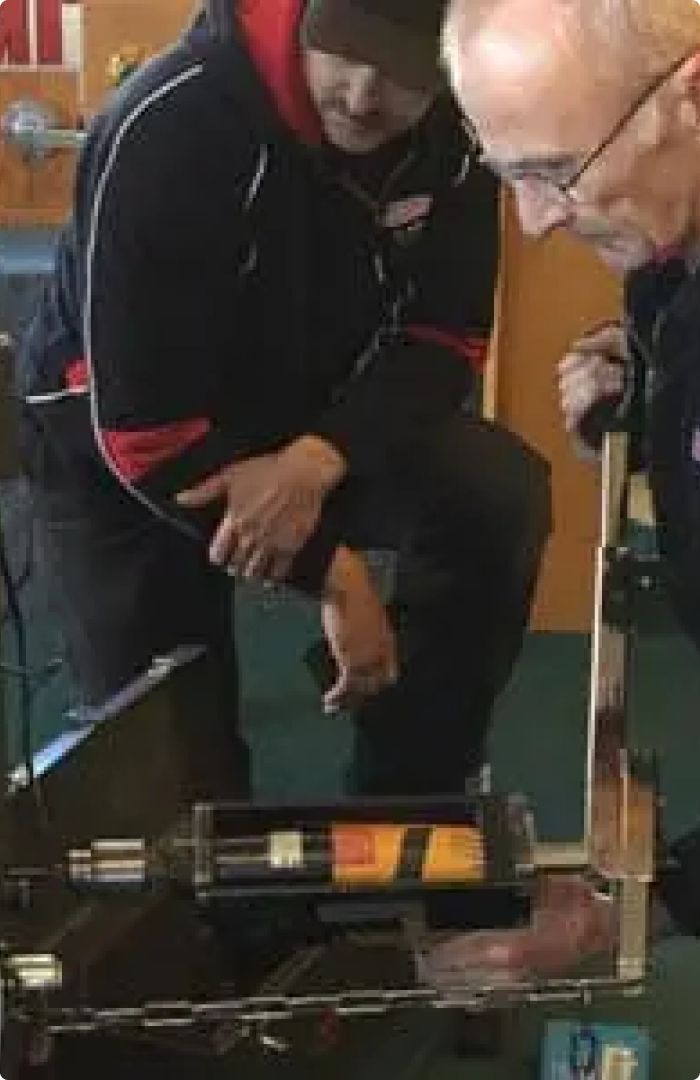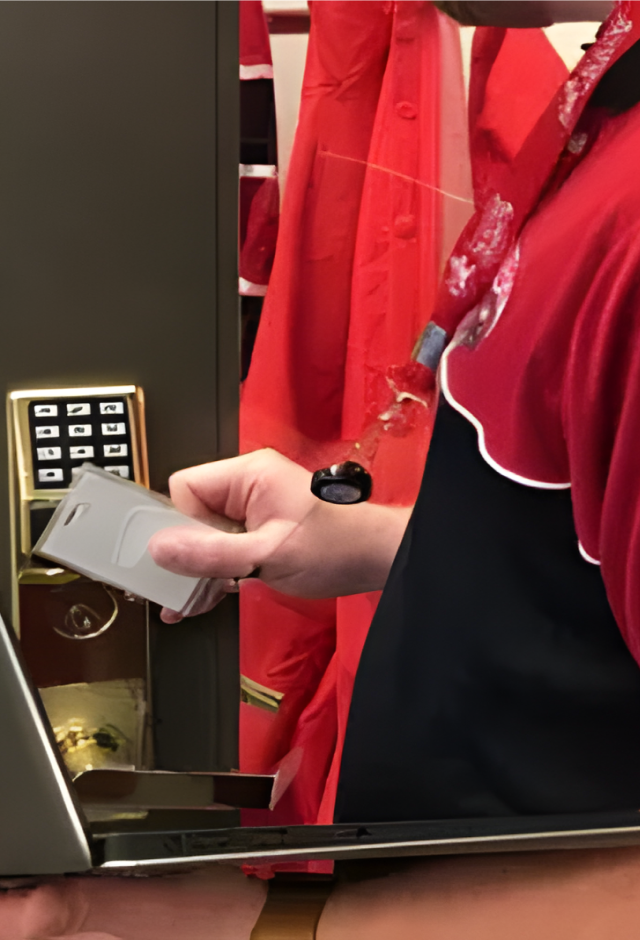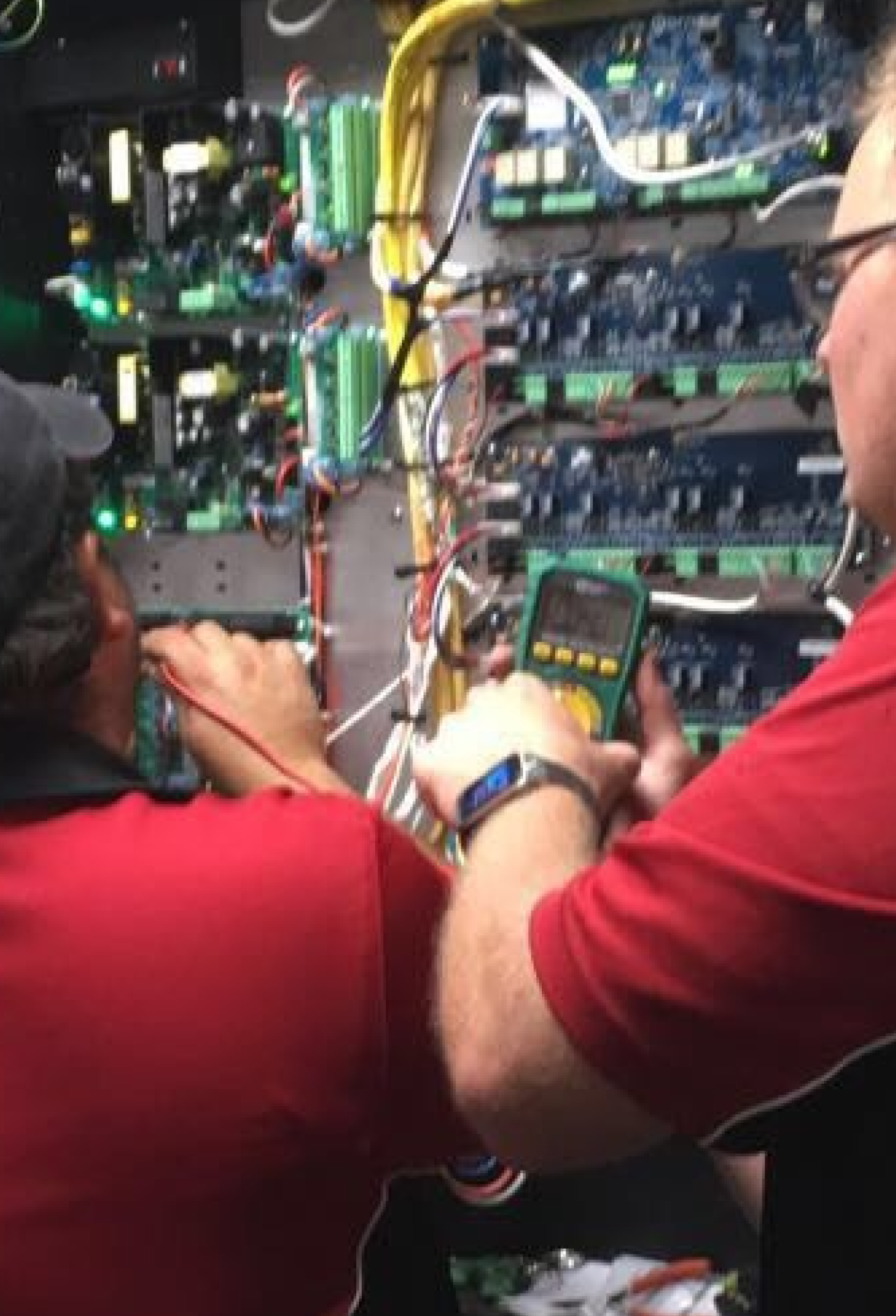Electric strike locks are regulated by several independent rating agencies, including ANSI and UL. ANSI/BHMA A156.31-2013, or the Requirements for Electric Strikes and Frame Mounted Actuators is a standard that establishes a series of tests that manufacturers must pass in order for their electric strike locks to be certified—this ensures the operational success of electric door strikes, so you have the peace of mind of knowing it will work whenever you need to lock—or unlock—your door.
Fire safety is another concern with any locking device. UL has a whole host of standards for different kinds of door and window hardware. With regards to fire safety, UL 10C, or the Standard for Positive Pressure Fire Tests of Door Assemblies, regulates which electric door strikes are safe for fire doors. To pass the rigorous fire tests required for this standard, electric strike locks must maintain function during long periods of exposure. These standards are difficult to pass, but the electric strike locks that do pass have a proven track record of fire safety.
Electric strikes are essential to maintaining the functionality of card access systems, intercoms, and various other door systems. When they fail or stop working, the whole system is rendered unresponsive. So who should you call to help? The certified technicians at FlyLock are trained to work on all kinds of low voltage strikes while also having the ability to diagnose and solve potential lock issues. Why call multiple people to get something fixed when you can have a technician solving every issue without playing the “finger pointing” game? Regardless of what type of lock is currently on the door, we have the electric strike solution for it.
If you’re thinking about installing electric door strikes, you should call FlyLock. We’ve been the nation’s premier security experts for 70 years and there is a FlyLock location near you with a fleet of highly trained and courteous technicians who can help you with any lock replacement, repair or installation you may need.



